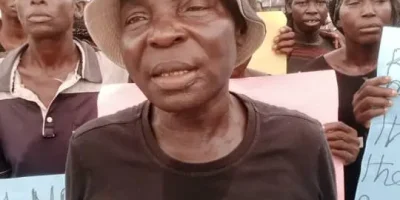By Nkasi Kolie
Speaker of Taraba State House of Assembly Prof. Joseph Albasu Kunini, has condemned, in strong terms, the farmers-herders conflict in the country, stressing that it has become intractable because it has been given political coloration.
Speaking at a two-day multi-stakeholders regional peace building dialogue in Lafia, Nasarawa State capital, organised by West Africa Network for Peace building (WANEP), in conjunction with the United Nations Development Programme (UNDP), the Speaker cited the case in Taraba state, where frantic efforts to end the age-long conflict met stiff resistance because of the political coloration by the opponents.
The two-day event was specifically organised for the stakeholders from Benue, Nasarawa and Taraba states, worse hit by the conflict and aimed at collectively reviewing emerging conflicts, risks and opportunities for collaborative prevention, as well as assess progress made across the three states in the Middle Belt region.
The speaker noted that all critical stakeholders must agree to sensitise and conscientise the people that time has come to adopt ranching as the global best practice in livestock production, devoid of political and tribal sentiments.
He recalled that the Taraba State Government, a couple of years ago, sponsored the legislators and others to travel to Nairobi, Kenya and Brazil to study their methods of livestock production to be replicated in the State.
While there, they discovered that both countries had long adopted ranching as a lasting solution for farmers-herders conflict and wondered why that of Nigeria had been politicised.
He said: “When we resolved that we were going to pass the Taraba State Open Grazing Prohibition and Ranches Establishment Bill, 2017, there was stiff resistance by the opponents who refused to present any memorandum at the public hearing in order to kill the bill. So, the problem is political because we refused to sensitise and conscientise the people on the enormous advantages of ranching to the herders.
“The reality is that not all Fulani are herders, some are farmers; also, there are some non-Fulani who are herders, unfortunately, they are not recognised as such. It is imperative to recall that the quest for modern techniques of animal husbandry, specifically livestock production, dates back to the 1960s in Northern Nigeria.
It has been widely reported that Taraba state has been devastated by activities of killer herdsmen who now threaten food security across the state as most farmers are afraid of going to their farms for fear of being gruesomely hacked to death by the heavily armed herdsmen.








Comments